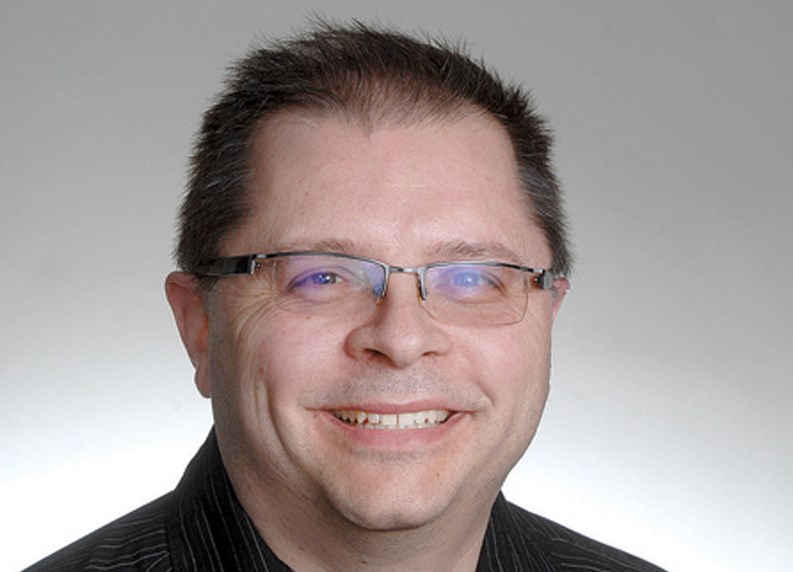My grandmother died a horrible death 20 years ago this spring.
The cancer ate memere from the inside out. In her early seventies, she died far too soon. A tiny woman to begin with at just four-foot-eight, memere only weighed about 70 pounds when she finally passed. The photographs of her in her final days are heartbreaking. Even with the morphine, she was in agony. It caused the whole family great pain to see her like this.
Her powerful, relentless heart was partly to blame.
The same heart that got her through the two-month premature delivery of her first daughter in a farming village in northern Alberta, brought on by chopping firewood in the heat of August, would have kept beating into her nineties, the doctor assured her daughters, if it hadn't been for the cancer.
Even if doctor-assisted suicide had been an option in 1995, memere would have been adamantly opposed to such a choice. A devout Catholic, she placed her faith in Jesus Christ to deliver her from her suffering at the moment of His choosing and not one second sooner.
Then and now, I did not agree with her, but she was my memere, so I respected her choice, as I have already vowed to do for our own parents, who thankfully remain youthful, healthy and independent.
I expect my mother to make similar choices as her mother did because she shares the same faith but I wonder if my dad's pragmatism and his pride will drive him to make a different choice. Like many of today's seniors, dad is a self-made man, most reluctant to be a burden on his loved ones in his last days and months.
I am my father's son, in both my pragmatism and my pride. Life is a precious gift but it is not a priceless one to be preserved at all costs. At some point, but don't ask me when because I won't know it until I get there, life can hurt so bad that death is a better option.
Like all people, I hope neither I, nor my parents, nor any of my loved ones, suffer such a fate, but if it happens to me, as it has to so many others, including my memere, I know what I will do.
The Supreme Court of Canada's decision Friday on assisted suicide strikes the perfect balance. The ruling gives governments a year to set new legal parameters (although the federal government has had the lead on this issue, expect the Harper Conservatives to walk away and let the provinces take over, since health falls under their jurisdiction and Quebec has already forged ahead on this matter). The ruling also insists doctor-assisted suicide is only an option for mentally fit individuals suffering intolerable pain.
As a result, there is plenty of room for government to control how individuals exercise this option. Fortunately for both Ottawa and Victoria, the state of Oregon provides an excellent model that has been tested by time and emulated by others.
Oregon's right-to-die legislation took effect in 1997 but has only been used by about 800 people.
Those individuals have to state three different times over a minimum six-week period and once in writing of their wish to die.
A second opinion must be sought and that doctor must also agree of the person's medical condition and their ability to make this decision.
Only then are they granted a prescription for drugs that will help them kill themselves and they must take the drugs orally and without assistance.
The drugs are made to taste bad, as well, so that the individual has to demonstrate the will to swallow the pills.
Although not officially required, loved ones are encouraged to videotape the suicide to demonstrate nothing illegal occured should there be any challenge.
This would be a good model for B.C. to follow. Although it is called doctor-assisted suicide, it is a passive assistance (granting a prescription), not an active one, such as injecting a patient.
It places the full onus on the individual to legally justify their desire to ends their lives, rather than on individuals to justify end-of-life treatment, as some critics worry will happen. Doctors are free to take part or to refuse to prescribe that course of treatment.
Most importantly, people like my memere are free to decide, due to their morals and/or their religious faith, to refuse to sip from this cup and die as they see fit, however painful that may be, both for the individual and for their loved ones.



